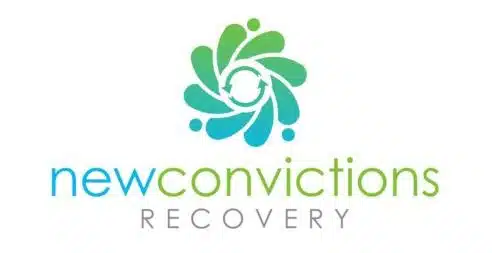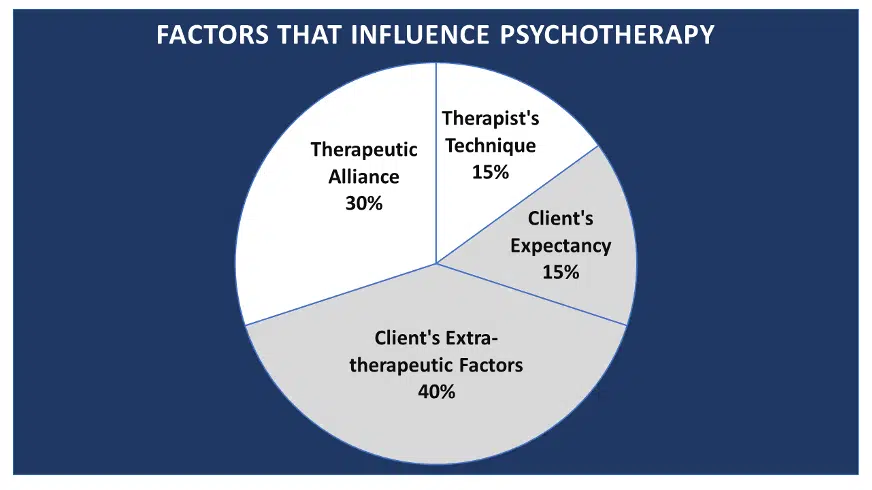A question that can often get floated around by prospective clients seeking therapy is “what is the role of the counselor in addiction recovery”? This is an important question since it can be a factor in which one decides whether to enter into a therapeutic relationship with a counselor. Lots of myths and misinformation can distort an accurate understanding of the therapeutic process; one’s perceptions can often be formed by movies, books, and late-night television sitcoms. Before understanding what the role of the counselor is in addictions recovery, it is important to understand what is not the role of the counselor.
Counseling in addictions recovery is not a medical procedure likened to an individual going to see a doctor to have a cystic tumor removed. The counselor’s role is not one of a doctor who goes into the patient and surgically removes the presenting problem. This presents a profound reality: a counselor does not possess the power to remove an addiction from a patient, nor can a patient sit idly without doing any work by expecting the counselor to remove the “addiction tumor.”
Counseling is not about giving advice to the patient. While there is much wisdom to be had from a counselor’s advice on topics in which he or she is well-versed/studied, a counselor cannot tell a client “Should.” The reason why counselors are not in the business of giving advice is because everyone’s situations are completely different and therefore one piece of uniform advice does not apply in each circumstance. Moreover, clients can return back to their counselors in anger and disappointment because the advice did not work or caused more harm.
Counseling is not limited to sitting on a couch and responding to ink blobs. While there is some validity to ink blob testing, it represents a minority technique in how counselors approach therapy. In reality, there are many techniques with different approaches to help assist clients in acquiring their personal goals.
So, what is the role of the counselor in the addiction recovery process? The opposite of what was listed in the aforementioned paragraphs. The counselor creates a safe relationship that empowers a client to be proactive in recovery so that so that he or she can create personal autonomy on how to address life’s issues. A counselor also helps a client process which solution works best for him or her and encourages him or her to pursue those recovery objectives. Lastly, a counselor utilizes a variety of different techniques rather than a one-size-fits-all in order to personalize the treatment to the individual client.
In seeing how this demonstrates itself in research literature (Lambert & Barley, 2001), one can see on the below pie graph what are the factors that are the responsibility of the counselor versus that of the client:
When looking at the pie chart, the counselor’s role in therapy is establishing a therapeutic alliance with the client as well as utilizing therapy techniques to help a client in his or her recovery process. Client’s expectations of therapy as well as extra-therapeutic factors (events that happen in a client’s life apart from therapy) are what is outside of the therapist’s control and is therefore the responsibility of the client. In seeing this pie-chart, one is able to have a reasonable outlook as to what is the responsibility of the counselor versus what is the responsibility of the client.
Having a proper understanding of the role of the counselor in addiction recovery can help with the expectations one takes into the counseling process. By discerning what is and is not the role of the counselor as well as factors that influence successful counseling, a client is able to make an informative decision on how to proceed with his or her recovery efforts. While finding the right addiction counselor can be a daunting process, there is a drug and alcohol counselor who has the skills to give addiction help in NJ. To look at the services that are offered, please click here.
References
Lambert, M. J., & Barley, D. E. (2001). Research summary on the therapeutic relationship and psychotherapy outcome. Psychotherapy: Theory, Research, Practice, Training, 38(4), 357–361. https://www.researchgate.net/publication/232477357_Research_Summary_of_the_Therapeutic_Relationship_and_Psychotherapy_Outcome

